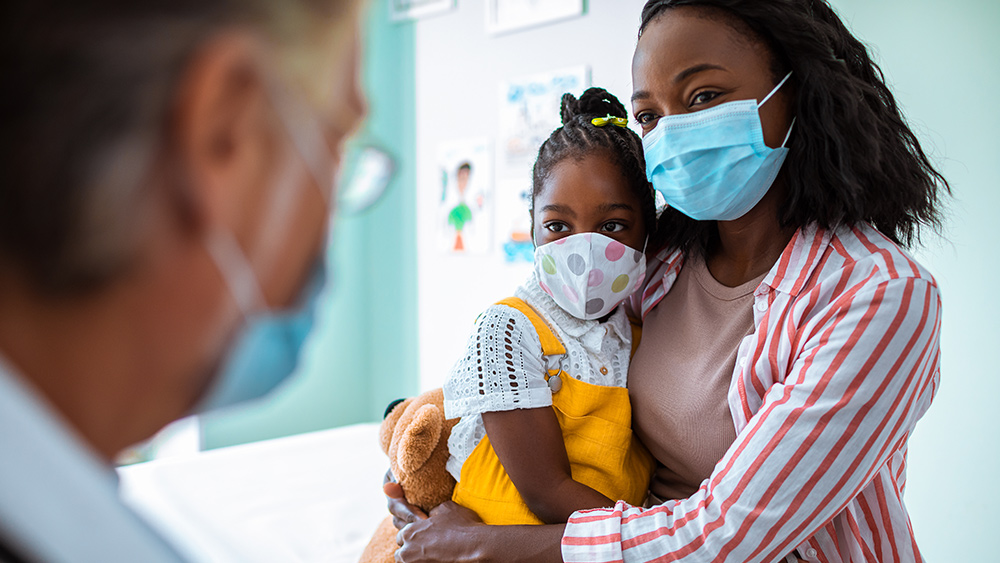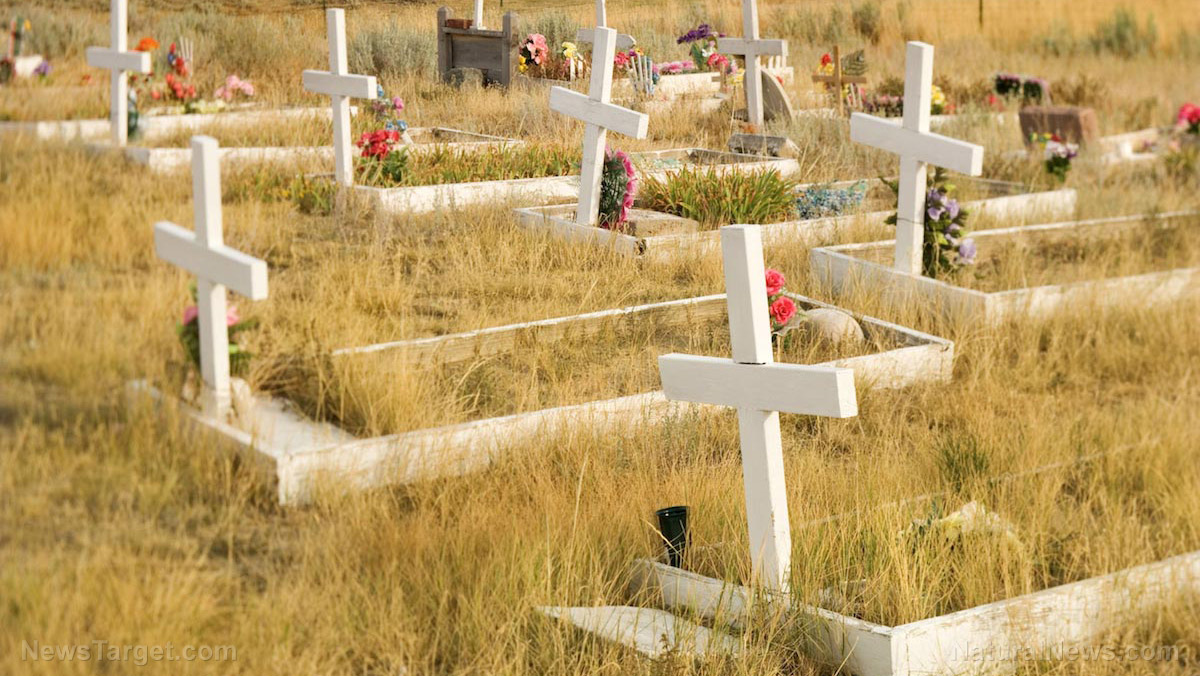Apple updates bloody syringe “emoji” for coronavirus vaccines
03/10/2021 / By Virgilio Marin

Apple fixed up its bloody syringe emoji as many people started to use it to talk about the COVID-19 vaccines. The tech giant removed the blood for a less graphic syringe, according to Emojipedia, a website that catalogs digital icons.
“This makes the emoji more versatile when used to describe COVID-19 vaccination,” the website explained.
Once associated with blood donation, the syringe emoji is now widely used to talk about the coronavirus jabs. Emojipedia found a noticeable shift to its use for vaccinations last year, alongside other icons like a face mask and a microbe.
Apple looking to increase public confidence
Emojipedia discovered the change in the beta version of Apple’s latest mobile operating system, iOS 14.5, which will be available to ordinary users soon.
According to the site, the icon became associated with words such as “COVID-19,” “vaccine,” “Pfizer” and “Moderna” by December. The latter two are some of the vaccine makers who developed their own jabs for the Wuhan coronavirus.
The change is understood as Apple’s way of increasing confidence in COVID-19 vaccines. Christina Marriott, chief of British charity the Royal Society for Public Health, welcomed the change and said:
“We applaud everyone who joins in the global effort by doing what they can to reassure those who may be scared of needles or unnecessarily concerned about the vaccinations,” Marriott said.
Industry body Unicode Consortium is responsible for approving new emojis, but companies tweak existing ones to differentiate their own designs.

Google will also make a similar change for its operating system, according to Emojipedia, clearing the blood from its syringe emoji for a less intimidating icon. (Related: Google has a financial interest to push the pandemic and the covid-19 vaccine experiments.)
Google’s move is par for the course in the industry as major software makers usually converge on a similar design. In 2016, for example, tech giants such as Google, Samsung and Microsoft followed Apple’s lead and changed their pistol emojis from a handgun to a water pistol.
Deaths after vaccination for the coronavirus
This came just as many people were dying shortly after vaccination for COVID-19. In Michigan, around 35 people who received the jab passed away as of Feb. 26, according to data from the Centers for Disease Control and Prevention‘s Vaccine Adverse Event Reporting System (VAERS), a “passive” online portal where people can submit post-vaccination reactions.
Nearly half of those people lived at a senior living facility, and more than a third of this group was over the age of 80. One case, a 90-year-old with multiple pre-existing medical conditions, died mere hours after vaccination.
In Alaska, five people over 70 years died after having at least one dose of the vaccine, according to VAERS data. None of the five cases included any information linking the death to the jab, and all of them had underlying conditions.
Meanwhile, Norway recorded at least 23 deaths in January. The country’s national health agency said that common adverse reactions from mRNA vaccines, such as diarrhea and fever, may have contributed to the deaths.
In Spain, at least seven individuals from the same nursing home died after getting the first dose of the Pfizer-BioNTech shot. All the elderly people in that nursing home, including those seven, also developed COVID-19 shortly after vaccination.
It’s still unclear whether the deaths and infections are directly linked to the jab, but most of those who succumbed to the virus reportedly had an underlying condition.
Experts advise the elderly to be cautious about taking the vaccine as it could worsen their health. Others also recommend taking appropriate measures even after vaccination, as people can get infected if the vaccine hasn’t taken effect yet.
Learn more about how Big Tech is conspiring with Big Pharma at TechGiants.news.
Sources include:
Submit a correction >>
Tagged Under:
Apple, Big Pharma, Big Tech, coronavirus, corporations, covid-19, emoji, giants, harmful medicine, propaganda, tech giants, vaccination, vaccine wars, vaccines, virus
This article may contain statements that reflect the opinion of the author





















